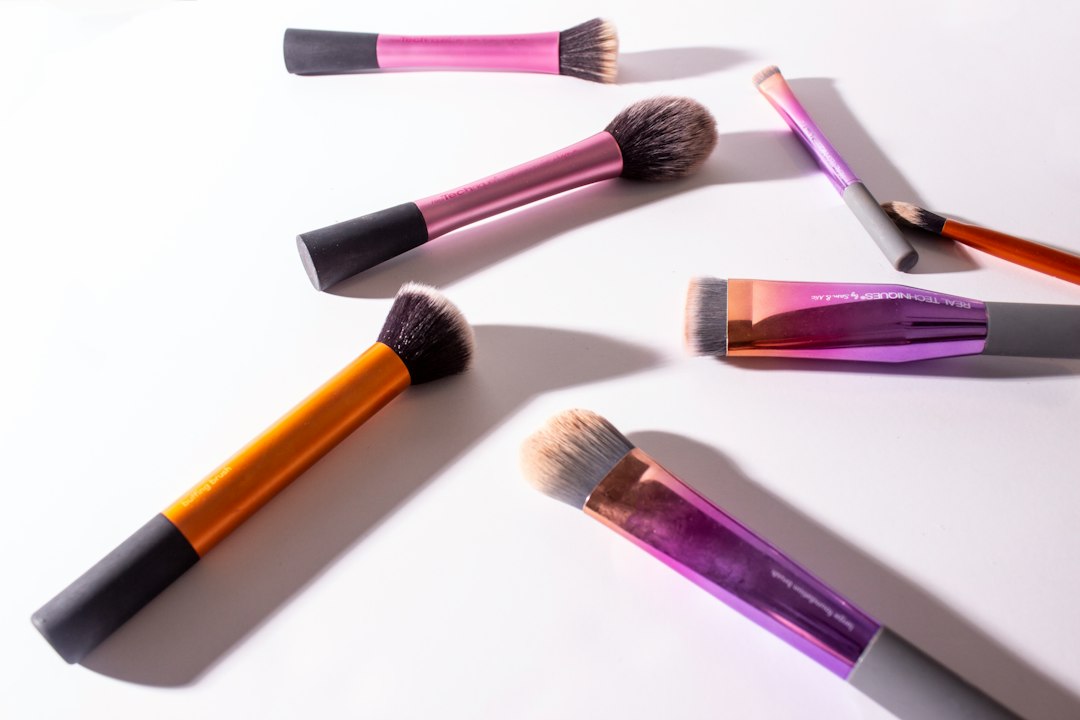Scabs are a natural part of the healing process for wounds. They form to protect the injured skin and promote healing. However, there are varying opinions on whether or not you should wash a scab with water. In this article, we will explore the benefits and risks of washing a scab and provide guidance on how to properly care for it.
The Importance of Scab Care
Before delving into the topic of washing a scab, it is crucial to understand the importance of proper scab care. Scabs help prevent infection by forming a protective barrier over the wound. They also aid in the healing process by promoting the growth of new skin cells. Therefore, it is essential to handle scabs with care to avoid any complications.
Should You Wash a Scab with Water?
Many healthcare professionals and experts recommend avoiding washing a scab with water. The main reason is that water can soften and loosen the scab prematurely, increasing the risk of bleeding and delaying the healing process. Instead, it is advised to clean the surrounding skin with mild soap and water, avoiding direct contact with the scab itself.
However, in some cases, washing a scab with water may be necessary. For instance, if the scab is dirty, gently rinsing it with lukewarm water can help remove debris and prevent infection. It is essential to handle the scab carefully during washing to avoid causing any damage.

Proper Scab Care Guidelines
To ensure proper healing and minimize the risk of complications, follow these guidelines for scab care:
- Avoid picking or scratching the scab, as it can disrupt the healing process and lead to scarring.
- Keep the scab and the surrounding area clean and dry to prevent infection.
- Apply an antibiotic ointment or a healing ointment recommended by your healthcare provider to keep the scab moisturized and promote healing.
- Avoid exposing the scab to direct sunlight, as it can cause discoloration and hinder the healing process.
- If the scab becomes painful, starts oozing pus, or shows signs of infection, seek medical attention immediately.
In conclusion, washing a scab with water is generally not recommended, as it can disrupt the healing process and increase the risk of complications. It is best to clean the surrounding skin with mild soap and water while avoiding direct contact with the scab itself. However, if the scab is dirty, gentle rinsing with lukewarm water may be necessary. Remember to follow proper scab care guidelines and seek medical attention if needed.